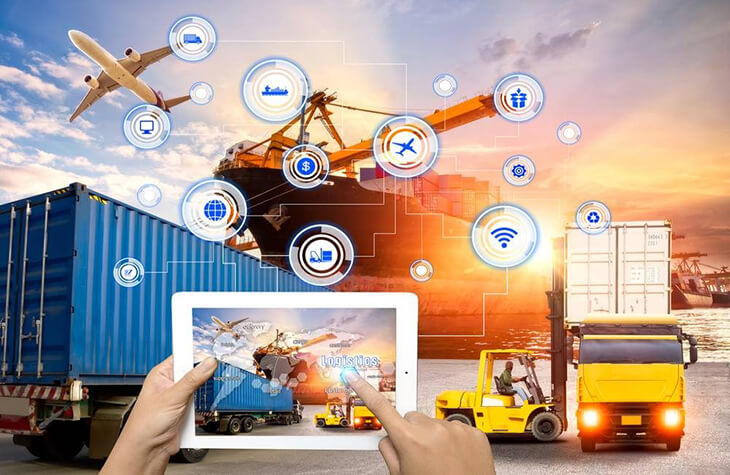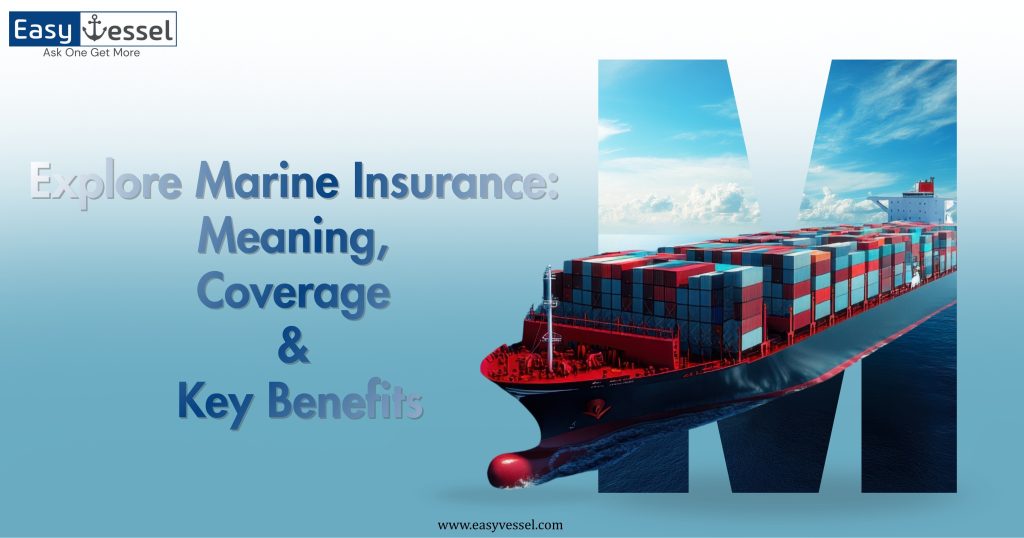Artificial Intelligence (AI) has emerged as a game-changer in numerous industries, and logistics is no exception. The integration of AI technologies in logistics operations is revolutionizing the way businesses manage their supply chains, optimize processes, and enhance customer experiences. This article delves into the key role of AI in the logistics industry and explores the transformative effects it brings.
1. Introduction
In this digital era, logistics companies face increasing pressure to deliver goods faster, efficiently manage inventory, and provide seamless customer experiences. Consequently, Artificial Intelligence offers innovative solutions to tackle these challenges, leveraging intelligent algorithms, machine learning, and predictive analytics to optimize operations.
2. Understanding AI Logistics
AI logistics refers to the application of AI technologies in various aspects of the logistics industry. AI encompasses the use of intelligent systems and algorithms to automate and optimize processes, thereby making data-driven decisions and improving overall efficiency.
3. The Role of Artificial Intelligence in the Logistics Industry
Streamlining Operations with AI:
AI-powered systems can streamline logistics operations by automating repetitive tasks, reducing manual errors, and optimizing resource allocation. With the help of machine learning algorithms, logistics companies can analyse vast amounts of data to identify patterns, make accurate predictions, and improve decision-making.
Enhancing Supply Chain Efficiency:
AI enables better supply chain management by facilitating real-time visibility, demand forecasting, and inventory optimization. By analysing historical data, market trends, and external factors, AI systems can forecast demand more accurately, leading to optimized inventory levels, reduced costs, and improved overall efficiency.
4. AI-Powered Predictive Analytics in Logistics
Demand Forecasting and Inventory Optimization:
AI-based predictive analytics tools can forecast demand with greater accuracy, taking into account variables such as seasonality, market trends, and customer behaviour. By understanding demand patterns, logistics companies can optimize inventory levels, minimize stock outs, and reduce excess inventory.
Route Optimization and Delivery Management:
Additionally, AI algorithms can optimize route planning and delivery management, considering factors like traffic conditions, weather, and delivery priorities. By selecting the most efficient routes, logistics companies can reduce transportation costs, improve on-time delivery rates, and enhance customer satisfaction.
AI-Driven Warehouse Management Systems:
Furthermore, AI-powered warehouse management systems enable intelligent inventory management and optimization. By analysing real-time data on inventory levels, order patterns, and sales forecasts, these systems can automate replenishment, improve stock visibility, and minimize carrying costs.
5. Autonomous Robots and Automated Processes
AI technologies, such as autonomous robots and robotic process automation, revolutionize warehouse operations. Robots can perform tasks like picking, packing, and sorting with speed and precision, reducing human labour and increasing operational efficiency.
6. AI in Last-Mile Delivery and Customer Experience
Real-Time Tracking and Delivery Updates:
Furthermore, AI enables real-time tracking of shipments, providing customers with accurate delivery updates. Through mobile apps and online platforms, customers can conveniently monitor their orders, receive notifications, and track the exact location of their deliveries, thereby enhancing transparency and trust.
Personalized Customer Recommendations:
AI algorithms harness the power of advanced data analytics to delve into customer data, individual preferences, and past purchase history, thus enabling them to curate tailored and customized product recommendations. By understanding individual customer needs, logistics companies can deliver targeted marketing campaigns and enhance the overall customer experience.
7. Overcoming Challenges and Concerns
While AI presents numerous benefits, there are challenges and concerns that need to be addressed. Data security and privacy are paramount, considering the sensitive nature of logistics data. Additionally, adapting the workforce to embrace AI technologies and providing adequate training are essential for successful implementation.
8. Future Outlook: AI Advancements and Integration
The future of AI in logistics looks promising. Advancements in AI technologies, such as natural language processing and computer vision, will further enhance automation, decision-making capabilities, and customer interactions. The integration of AI with Internet of Things (IoT) devices will not only create an interconnected logistics ecosystem, but also enable end-to-end visibility and seamless coordination.
Conclusion
In conclusion, the role of Artificial Intelligence in the logistics industry is revolutionary. AI-driven solutions empower logistics companies to optimize operations, enhance supply chain efficiency, and deliver exceptional customer experiences. Embracing AI technologies in logistics is no longer a choice, but a necessity to stay competitive in the evolving digital landscape.
Visit easyvessel for more information about importer, exporter and freight forwarders.
FAQs
AI improves supply chain efficiency by enabling real-time visibility, demand forecasting, and inventory optimization, leading to reduced costs, minimized stock outs, and improved overall efficiency.
Moreover, challenges include data security and privacy concerns, workforce adaptation, and the need for proper training to ensure successful implementation.
Yes, AI can optimise last-mile delivery by providing real-time tracking, route optimisation, and personalized customer recommendations.
The future of AI in logistics is promising, with advancements in technologies like natural language processing, computer vision, and integration with IoT devices, enabling further automation and enhanced decision-making capabilities.
Additionally, AI can enhance customer experiences by providing real-time delivery updates, personalized recommendations, and seamless interactions through mobile apps and online platforms.



